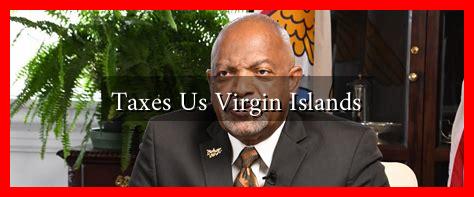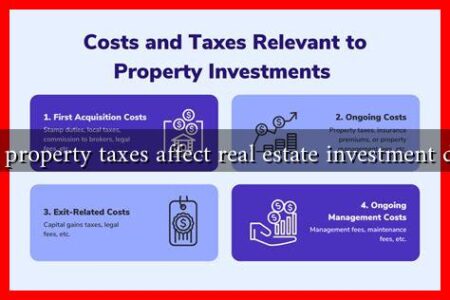-
Table of Contents
Understanding Taxes in the U.S. Virgin Islands
The U.S. Virgin Islands (USVI) is a unique territory that offers a distinct tax environment compared to the mainland United States. With its beautiful landscapes and tropical climate, the USVI attracts both tourists and potential residents looking for favorable tax conditions.
. This article delves into the tax structure of the US Virgin Islands, exploring its implications for individuals and businesses alike.
Overview of the Tax System in the US Virgin Islands
The tax system in the US Virgin Islands is governed by both local laws and federal regulations. While the territory is a U.S. possession, it has its own tax code, which is administered by the Virgin Islands Bureau of Internal Revenue (VIBIR). The tax structure includes various forms of taxation, such as income tax, property tax, and excise tax.
Income Tax
One of the most significant aspects of the USVI tax system is its income tax structure. The income tax rates in the US Virgin Islands are similar to those in the mainland U.S., but there are some key differences:
- Tax Rates: The income tax rates range from 0% to 37%, mirroring the federal tax brackets.
- Filing Requirements: Residents must file a tax return with the VIBIR, and they are also required to file a federal tax return.
- Tax Credits: The USVI offers various tax credits, including the Economic Development Commission (EDC) tax incentives for qualifying businesses.
Property Tax
Property tax in the US Virgin Islands is assessed based on the value of real estate. The rates can vary significantly depending on the location and type of property:
- Assessment Rates: Residential properties are typically assessed at 1% of their value, while commercial properties may be assessed at higher rates.
- Exemptions: Certain exemptions are available for primary residences and properties owned by non-profit organizations.
Excise Tax and Other Taxes
In addition to income and property taxes, the US Virgin Islands imposes an excise tax on various goods and services. This tax is particularly relevant for businesses operating in the territory:
- Excise Tax Rates: The excise tax rates can vary based on the type of product, with alcohol and tobacco products facing higher rates.
- Sales Tax: The USVI does not have a sales tax; however, businesses must account for excise taxes in their pricing strategies.
Tax Incentives and Economic Development
The US Virgin Islands offers several tax incentives aimed at attracting businesses and stimulating economic growth. The most notable of these is the Economic Development Commission (EDC) program, which provides significant tax breaks for qualifying businesses:
- Tax Holidays: Businesses can receive up to a 90% reduction in income tax for a period of up to 30 years.
- Investment Incentives: Companies that invest in certain sectors, such as tourism and manufacturing, may qualify for additional benefits.
These incentives have successfully attracted various industries, including tourism, manufacturing, and technology, contributing to the territory’s economic diversification.
Challenges and Considerations
While the tax environment in the US Virgin Islands can be advantageous, there are challenges that individuals and businesses should consider:
- Complexity: Navigating the local tax code can be complex, especially for new residents and businesses.
- Federal Compliance: Residents must comply with both local and federal tax laws, which can lead to confusion.
- Economic Vulnerability: The USVI economy is heavily reliant on tourism, making it susceptible to economic downturns.
Conclusion
The tax landscape in the U.S. Virgin Islands presents both opportunities and challenges. With its unique tax incentives and relatively low tax rates, the territory can be an attractive option for individuals and businesses seeking favorable tax conditions. However, it is essential to understand the complexities of the local tax system and remain compliant with both local and federal regulations. As the USVI continues to evolve economically, staying informed about tax policies will be crucial for anyone considering a move or investment in this beautiful territory.
For more information on the tax system in the U.S. Virgin Islands, you can visit the official website of the Virgin Islands Bureau of Internal Revenue.





